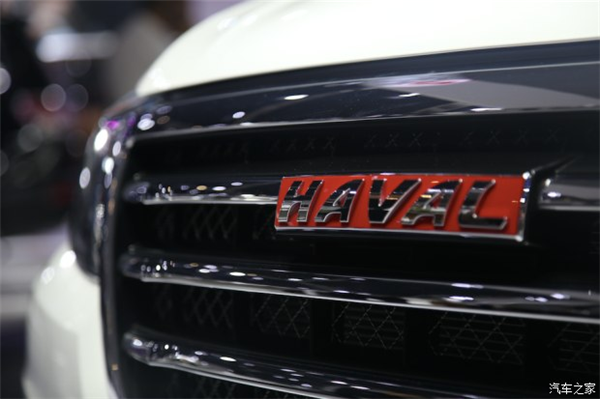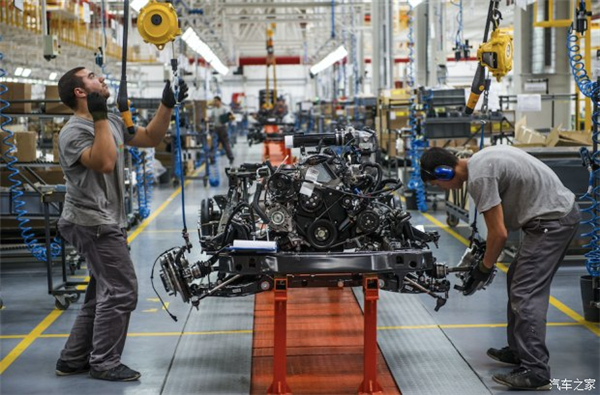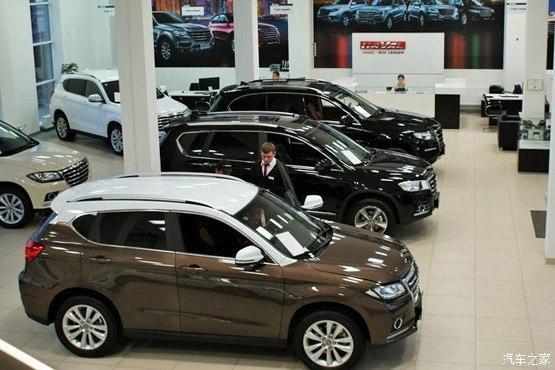Analysis: Great Wall’s overseas sales businesses in Russia and around the world
Great Wall’s former vice president Xing Wenlin previously spoke of his plans to see his company expand its operations overseas. “Great Wall already has over 10 knockdown kit factories overseas,” he stated in 2012, adding that in three year’s time that number would increase to 24 facilities boasting a total annual production capacity of 500,000 units. At that time he claimed that the manufacturer would be exporting 100,000 vehicles to Russia alone by 2015.
However, things didn’t quite pan out that way. in 2015 Great Wall’s exported only 23,000 vehicles to all overseas markets, down 51.51% from the previous year. In fact Great Wall’s exports have fallen consecutively several years on end, forcing the manufacturer to reconsider its overseas strategy.

Russia has been one of biggest overseas markets for Chinese vehicles, due in large part to the two countries’ close relationship and more relaxed automotive standards. Chinese automakers entered the Russian market in 2005, where they were able to reap major benefits. The very next year the country became the largest importer of Chinese vehicles. Great Wall was one of the major benefactors of this new market.
However, with the lack of well thought out long-term planning, Great Wall failed to capitalize on these gains. As Russia’s economy dramatically worsened, Great Wall saw its sales in the country fall. These were compounded by the introduction of import controls in the Russian market targeted at foreign automobiles in the wake of the 2008 financial crisis, when taxes levied on import vehicles were raised from 25% to 30%, while standards for local production and certification were increased. It was only until 2010 that sales started to increase again.
Adding to the frustrations was a spat between Great Wall and its local Russian partner Irito which led to an eventual falling out. With the ruble falling and the Russian economy suffering due to Western-backed sanctions, the price of Chinese imports in the country soared. Great Wall, for its part, was not willing to engage in a price war in the country, while Irito was also not willing to cut prices, meaning that Great Wall vehicles could simply no longer compete in the market.
In the end, Great Wall failed to reach its lofty sales goals in Russia, despite having spent over 10 years developing its reputation and resources in the country.
Great Wall’s first foray into overseas markets was actually not of its own behest. In 1998, Great Wall was one of the very few manufacturers of pickup trucks in China. At that time, Chinese state companies were engaging in construction projects in Iraq. At that time 200,000 Great Wall pickup trucks were brought from China to Iraq for the sake of helping complete these projects.
The Iraqi pickup truck market at that time was also very limited, with local vehicles being extremely unreliable and Toyotas being highly expensive. Therefore, Great Wall’s vehicles, which combined low price with high functionality, were well received, helping the manufacturer build a solid reputation in the country. Based on this reception, Great Wall made its first independent foreign sales order of 50 pickup trucks to the country.
From 1998 to 2003, Great Wall found itself heavily reliant on foreign orders for its pickup truck sales, since those vehicles had almost no market within China itself at the time. Most of Great Wall’s orders came from Middle Eastern countries. However at that time Great Wall didn’t have a proper overseas marketing strategy, with it exporting whatever customers requested on a per-order basis.
It was only in 2003 that Great Wall began expending more effort to develop a more comprehensive export sales plan by taking part in trade shows. The scale of its overseas orders greatly expanded at that time, covering several countries in Africa and the Middle East. In Libya Great Wall imports reached a new high of 1,014 vehicles in a single year.

However in 2005 several countries started enacting policies targeted at Chinese automobile imports so that they could protect their local industries. Great Wall took note of this and began establishing knockdown kit assembly factories to avoid tariffs. In 2006 Great Wall formed a partnership with Irito to establish its first factory in Russia. Later on similar factories were set up in Iran, Senegal, Ecuador and Malaysia. In 2012 Great Wall’s exports totaled 95,000 vehicles, representing year-on-year growth of 20.45%.
However from 2010 to 2012 Great Wall also faced problems limiting expansion of its overseas sales businesses. These eventually led to Great Wall having to limit what vehicles it would sell or which markets it would export to. It was as this time Great Wall started paying more attention to individual markets in order to maximize sales, such as taking into account local weather conditions in deciding which vehicles to sell overseas. However compared to long-standing international brands like Toyota and Ford, Great Wall clearly lagged behind in market localization.
There is also the issue of Chinese businesses practices not mixing well with various local markets, leading to difficulties with the dealerships and partners that Great Wall had to work with. This can clearly be seen in Great Wall’s disputes with Irito.

Great Wall’s overseas sales business is at a critical juncture, with its dealerships in Russia now forming their own independent sales network free from the control of a regional partner company. In October Great Wall opened a brand new Haval 4S dealership in the city of Krasnodar; this is its sixth Haval 4S dealership in the country.
“Over the next four years Great Wall’s SUV products will become the best-selling in the world,” claimed Great Wall CEO Wei Jianjun. It remains to be seen whether Great Wall can take what it has learned from its past experiences to make this dream a reality.
Gasgoo not only offers timely news and profound insight about China auto industry, but also help with business connection and expansion for suppliers and purchasers via multiple channels and methods. Buyer service:buyer-support@gasgoo.comSeller Service:seller-support@gasgoo.com








